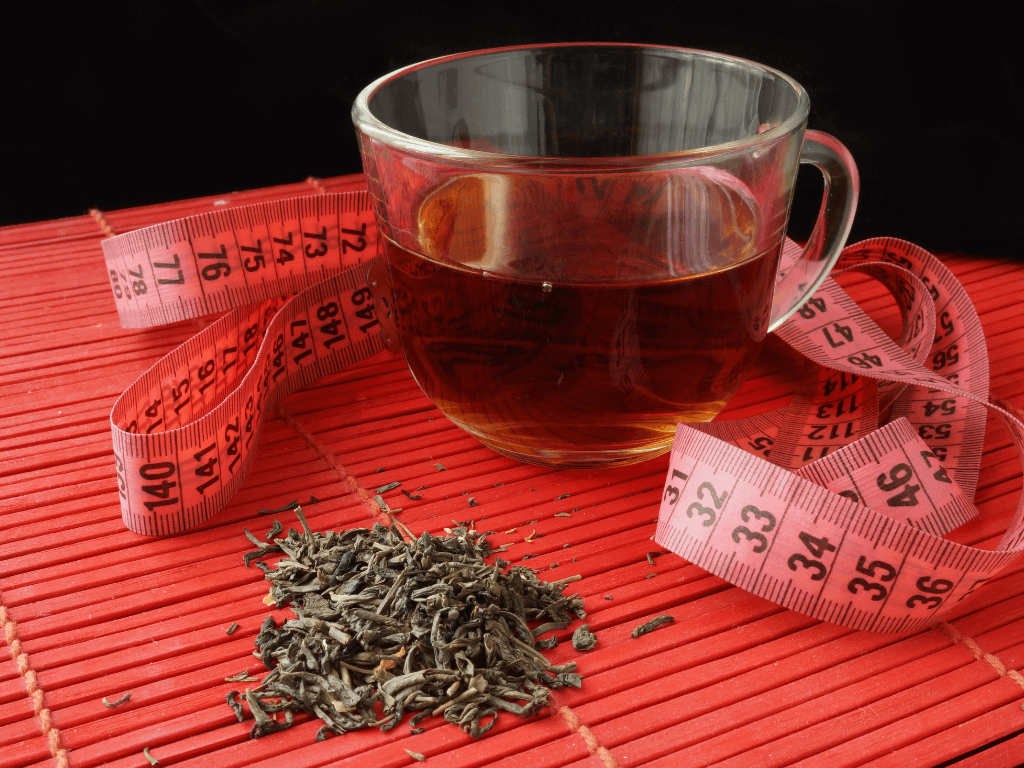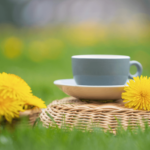Best Teas for Weight Loss: Natural Options to Support Your Wellness Goals

Are you struggling to lose weight and looking for a natural and effective way to support your efforts?
Tea might be a gentle and supportive addition to your routine. While no beverage can replace a balanced diet or regular exercise, certain types of tea may offer benefits that complement your wellness goals. In this guide, we explore popular teas often associated with weight management, including oolong, rooibos, pu-erh, matcha, and blends with turmeric. We also share tips on how to choose the tea that fits your personal needs.
What Is Tea and What Weight Loss Benefits Does It Have?
Tea is a centuries-old beverage enjoyed around the world. It comes from the Camellia sinensis plant and is rich in natural compounds like catechins, particularly epigallocatechin gallate (EGCG), which may support metabolism and fat oxidation. Tea can also provide a low-calorie alternative to sugary beverages and help promote hydration. When consumed as part of a healthy lifestyle, it may help with appetite regulation and overall wellness.
Types of Tea for Weight Loss
Different teas contain various compounds that may contribute to your health goals. These include:
Oolong tea which is partially oxidized and known for its smooth flavor and moderate caffeine content.
Rooibos tea, a naturally caffeine-free option with antioxidants that may support stress reduction.
Pu-erh tea, a fermented tea traditionally consumed to support digestion.
Matcha green tea, a powdered green tea rich in antioxidants like EGCG.
Herbal blends that include turmeric or digestive herbs for added wellness support.
Oolong Tea
Oolong tea sits between green and black tea in terms of oxidation. It contains a modest amount of caffeine and catechins, which may help support metabolism and energy levels. Many people enjoy oolong tea for its taste and how easily it fits into a daily wellness routine.
Rooibos Tea
Rooibos is a red herbal tea from South Africa that’s naturally caffeine-free. It contains antioxidants such as aspalathin, which may support blood sugar regulation and reduce stress. Since stress is linked to weight gain, reducing it may indirectly help with maintaining a healthy weight.
Pu-erh Tea
Pu-erh is a fermented tea traditionally used to aid digestion. Some preliminary research suggests it may help reduce fat absorption, although more studies are needed. Like other teas, it can be a useful part of a broader healthy routine when consumed in moderation.
Detox Tea Considerations
Some commercial products, like 14-day detox teas, blend green tea with herbs intended to support digestion or reduce bloating. While some users report feeling lighter or less bloated, these effects are temporary and should not replace healthy eating or regular activity. It’s important to approach these products with realistic expectations and always check the ingredient list.
Matcha Green Tea
Matcha is a finely ground powder made from high-quality green tea leaves. It contains concentrated antioxidants and moderate caffeine, which may help support metabolism and focus. Matcha can be enjoyed traditionally or added to smoothies and recipes for a nutritional boost.
Matcha Green Tea with Turmeric
This combination pairs matcha with turmeric, a spice known for its anti-inflammatory properties. The blend offers a flavorful way to enjoy two natural ingredients that may support digestion and general wellness. Many teas in this category use simple ingredients and can be consumed hot or cold.
How to Choose the Best Tea for Weight Loss
To select the best tea for your needs:
Consider your caffeine sensitivity and choose accordingly.
Look for teas without added sugar or artificial flavors.
Choose organic options if you prefer pesticide-free products.
Pay attention to how your body reacts and experiment with different varieties.
The best tea is one that fits your taste, routine, and overall health goals.
Conclusion
While tea won’t cause weight loss on its own, incorporating varieties like oolong, rooibos, pu-erh, or matcha into a balanced lifestyle can support hydration, digestion, and overall well-being. Use tea as a supportive tool alongside nutritious meals, physical activity, and sufficient rest. For those considering herbal blends or detox products, it’s always a good idea to speak with a healthcare provider first. Enjoy your cup of tea as part of a mindful, healthy routine.
Leave a Reply




Related Posts